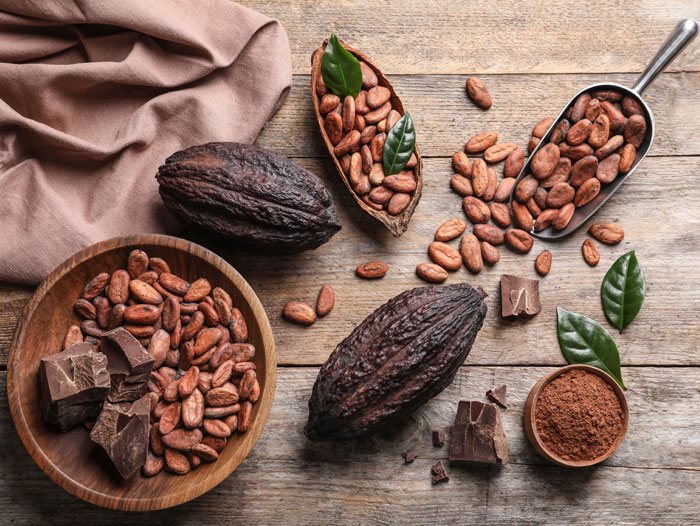Fair Technology Brings Transparency and Sustainability to the Food Chain
June 2, 2021 | 1 min to read

Most food supply chains start in developing countries, where there’s a big gap between the rich and the poor. Whether it concerns coffee, cocoa, nutmeg, coconut, pineapple, cane sugar, shrimps or vanilla… in many of these supply chains, just a small percentage of the money made throughout the chain ends up with the farmers who grow the product. In the opinion of Dutch non-profit organisation Fairfood, transparency plays a key role in changing this unfairness. Fairfood’s managing director Sander de Jong explains how blockchain and other innovative technologies can make food chains more transparent and sustainable.
More transparency will lead to more fairness
Most consumers are used to the luxury of going to a shop and buying all the food they want. But somewhere in the world, farmers are working hard to grow this food, which does not always earn them a decent wage.
Fairfood finds it striking that, in some countries, consumers easily pay € 4 for a cup of coffee, while the farmer who grew the coffee beans hardly earns € 2 a day. ‘Where does all the money go?’, they asked themselves. Now it is their mission to bring transparency to complex food chains.
To read the rest of the story, please go to: Puratos Taste Tomorrow
